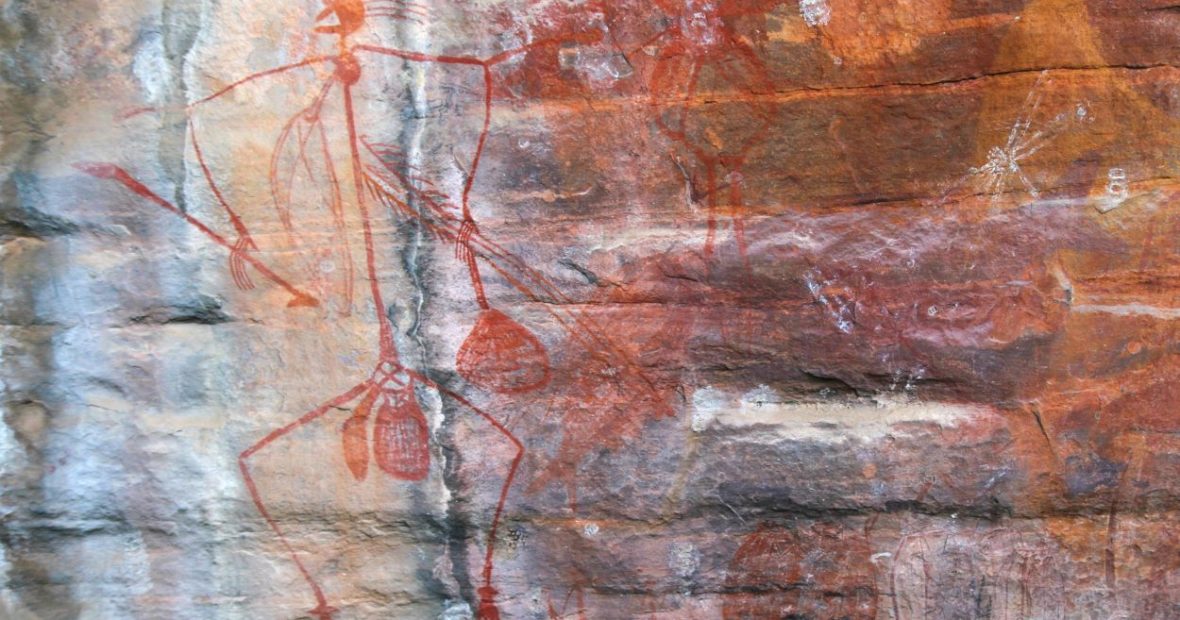Australia is unique. It is the only country that is also a continent and is home to one of the longest living, continuous cultures in the world, with 60,000 years of unbroken connection to its country. There are over 250 First Nations who lived in a constant state of co-operation, competition and conflict. At least 6,000 years ago, the first artistic depictions of regulated warfare appeared, which indicate that Australian First Nations’ laws of war are among the oldest in the world.
Law and culture are inseparable within First Nation society. Law has been transmitted over countless generations, handed by the Ancestors (and from the Dreaming). In Yolngu, babies are said to crawl with law (rom-gal’-ga’maranhamirri). The aim of law and ceremony ‘is to maintain peace and order across the whole of reality by keeping all life in our physical world in mirrored balance with the original ancestors’ presence’. Peibaik (‘payback’) underwrote this. It related to legitimacy and justice – junkarti (’straight’ in Lardil); dalgi giban (‘to make even’ in Wiradyuri); makaratta (‘coming together after a struggle’ in Yolngu); yorrp-ba (‘to fall out and rejoin’ in Wagiman); or warnmala (‘to seek balance’ in Pitjantjatjara).
Payback provided a tit-for-tat reciprocity for past actions. As Tyson Yunkaporta, an Apalech man explains, the rules of engagement were that cuts could only be inflicted on the arms, back or shoulders (and avoiding initiation scars). But these cuts, at the end of sparring, had to be replicated on one another. This meant that no one could walk away holding a grudge. Payback ensured equity and helped curb the violence and brutality of warfare, as few persons cared to endure more than a few blows or cuts in payback for what they had inflicted – let alone be killed for killing an opponent.
This is the focus of chapter one of volume one of the Laws of Yesterday’s Wars, co-authored by Ray Kerkhove and Samuel White. The chapter has since been refined and is available in Open Access from the International Review of the Red Cross.

